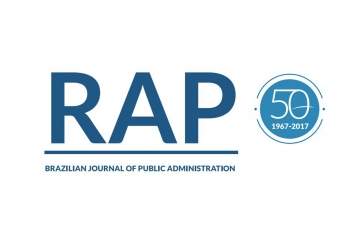Ends, means and the Agenda for Fighting Poverty
FGV Social co-edits special edition of the Brazilian Journal of Public Administration (RAP)
The role of federal programs such as Bolsa Família and Bolsa Escola, their recent expansion and future, are analyzed by the director of FGV Social, Marcelo Neri, in the article “A next generation of Conditional Cash Transfer programs”, published in special thematic edition of the Brazilian Journal of Public Administration (RAP).
The article gather empirical evidences of previous works, adding evaluations on the goals pursued by these policies in terms of equity, prosperity, stability and sensitivity, and compare its results to the ones from other programs as such as Benefício de Prestação Continuada (BPC) and Social Security. The many micro mechanisms through which the transfers benefit its target group are also examined. Lastly, the author propose upgrades, including ideas tested on foreigner and subnational experiences.
Neri is also this RAP’s edition guest co-editor, whose chief-editor is professor Alketa Peci, from Escola Brasileira de Administração Pública e de Empresas da Fundação Getulio Vargas (Ebape/FGV). The RAP is recognized as one of the country’s most important scientific magazine on the business area and, on 2017 when celebrates 50 years, it embraces bilingual editions, with increasing international insertion, under the title Brazilian Journal of Public Administration.
The special edition on public policies for fighting poverty (2017, v. 51, n. 2) is, therefore, edited in Portuguese and English. The volume gathers contributions of scholars from all regions of Brazil. The so-called Conditional Cash Transfers are the common denominator, and are directly or indirectly approached on these works, that also tackle subjective and multidimensional indicators, historical perspectives on health and education, alternatives for the definition and update of poverty lines.
See also:
Book: Bolsa Família Program - a decade of social inclusion in Brazil
Seminar "Overcoming Poverty, Inclusive Growth and the New Social Agenda"





